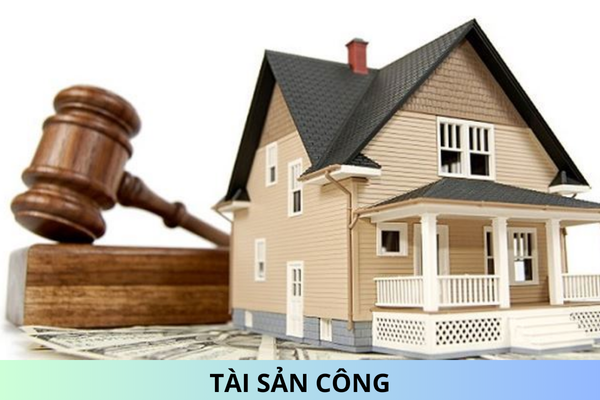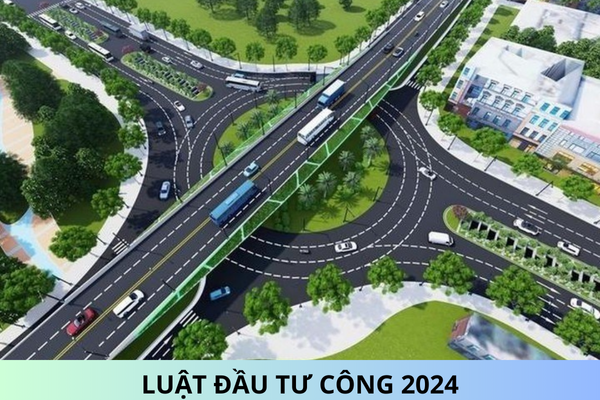What are general principles of controlling expenditures through the State Treasury of Vietnam?
What are general principles of controlling expenditures through the State Treasury of Vietnam? Thank you!

What are general principles of controlling expenditures through the State Treasury of Vietnam? - image from internet
General principles of controlling expenditures through the State Treasury are regulated in Clause 1, Article 6 of Circular 62/2020/TT-BTC as follows:
a) Expenditures must be included in the approved budget, authorized by the competent authority in accordance with the Law on State Budget; approved by the head of the budget-using unit or the authorized person for expenditure decisions; and the account balance of the unit is sufficient for the expenditure.
b) The completeness, legality, and validity of documents and vouchers for each expenditure must be ensured, with complete records in accordance with current laws and regulations and conformity between accounting vouchers and related documents.
c) The seals and signatures on the vouchers must match the registered transaction seal and signature templates at the State Treasury (the registered seal and signature templates at the State Treasury must still be valid); In case of using the Online Public Service Portal of the State Treasury, the digital signatures on the documents must correspond to the titles of the authorized members according to the decision of the competent level and have been registered with the State Treasury.
d) The expenditure content must be consistent with the economic content codes according to the current budget index (excluding expenditures from Deposit Accounts).
dd) Compliance with the regime, standards, and norms (expenditure levels) prescribed by the competent state agencies. In case the agencies or units have been authorized to implement the autonomous mechanism, control must be ensured in accordance with the internal spending regulations and in compliance with the Decision on delegation of autonomy by the competent level, the regime, standards, and norms prescribed by the competent state agencies, the budget assigned for autonomy, and the guidance in Clause 5, Clause 6 of this Article.
e) The advance payment level must be ensured in accordance with the provisions of Article 7 of this Circular. The content of the advance payment request must be consistent with the proposed advance payment.
g) For expenditures that require sending contracts to the State Treasury, the State Treasury will rely on the payment request documents of the budget-using units, the payment terms specified in the contract, task assignment documents, or internal transfer contracts (for self-execution cases), the number of payments, payment phases, payment timing, payment conditions, advances, payment accounts, and the value of each payment, in order to advance and pay for the beneficiaries.
- For contracts that require advance guarantees, the State Treasury will control and ensure that the validity period of the advance guarantee is extended until the budget-using unit has fully recovered the advance amount.
- For contracts that require commitment control, the State Treasury will control according to the provisions in Circular No. 113/2008/TT-BTC dated November 27, 2008 of the Ministry of Finance guiding the management and control of commitments of the state budget through the State Treasury and Circular No. 40/2016/TT-BTC dated March 1, 2016 of the Ministry of Finance amending and supplementing some provisions of Circular No. 113/2008/TT-BTC and some forms attached to Circular No. 08/2013/TT-BTC dated January 10, 2013 of the Ministry of Finance guiding the implementation of state accounting applicable to the Budget Management Information System and the State Treasury (TABMIS).
- For centralized procurement expenses:
The State Treasury will control and ensure: It is included in the national-level centralized procurement list (issued by the Ministry of Finance); the list of centrally-purchased medicines (issued by the Ministry of Health); the list of department-level, central agencies, and local-level centralized procurement (issued by the relevant ministries, central agencies, and provincial People's Committees), ensuring that the contract is in compliance with the Framework Agreement (the framework agreement is published by the centralized procurement unit on the electronic information portal on public assets or the electronic trading system on public assets (for all centralized procurement packages) and the electronic information portal of the ministry, central agencies, and province (for centralized procurement packages of ministries, central agencies, and provinces). Specifically:
+ For assets purchased through centralized procurement: The State Treasury will control the acceptance minutes, handover, and receipt of assets according to form 06/TSC-MSTT attached to Decree No. 151/2017/NĐ-CP dated December 26, 2017 of the Government, which details some provisions of the Law on Management and Use of Public Assets, ensuring the asset name, unit of measurement, quantity, and purchase price are in compliance with the provisions in the contract and the Framework Agreement (in case of centralized procurement according to the framework agreement).
+ For expenditures related to the purchase of medicines, infusions, chemicals, etc. used in the process of medical treatment, the State Treasury will control the total amount of the invoices stated on the completed quantity value determination table according to form 08a attached to Appendix II of Decree No. 11/2020/NĐ-CP, ensuring that it does not exceed the contract value and the Framework Agreement (the budget-using unit relies on the acceptance minutes to prepare the quantity value determination table, in which the invoice number is stated in the work content column (column 2), and the corresponding amount is stated in the total amount column (column 6). The budget-using unit is responsible for the quantity, quality, unit price, and type of medicine proposed for payment, ensuring compliance with the provisions in the contract and the framework agreement, and the acceptance minutes between the budget-using unit and the supplier of goods and services).
- For expenditures that do not follow centralized procurement:
+ For expenditures related to the purchase of goods and services: The State Treasury will control the completed quantity value determination table according to form 08a attached to Appendix II of Decree No. 11/2020/NĐ-CP, ensuring the work content, unit of measurement, quantity, and unit price are in compliance with the provisions in the contract; for expenses related to the purchase of medicines, the State Treasury will control the total amount of the invoices stated on the completed quantity value determination table, ensuring it does not exceed the contract value (the budget-using unit relies on the acceptance minutes to prepare the quantity value determination table, in which the invoice number is stated in the work content column (column 2), and the corresponding amount is stated in the total amount column (column 6). The budget-using unit is responsible for the quantity, quality, unit price, and type of medicine proposed for payment, ensuring compliance with the provisions in the contract and the framework agreement, and the acceptance minutes between the budget-using unit and the supplier of goods and services).
+ For other expenditures: The budget-using unit will rely on the contract content and acceptance minutes to prepare the completed quantity value determination table according to form 08a attached to Appendix II of Decree No. 11/2020/NĐ-CP and send it to the State Treasury for compliance. The State Treasury will control the workcontent, unit of measurement, quantity, and unit price stated in the completed quantity value determination table, ensuring they are in compliance with the provisions in the contract.
Best regards!










